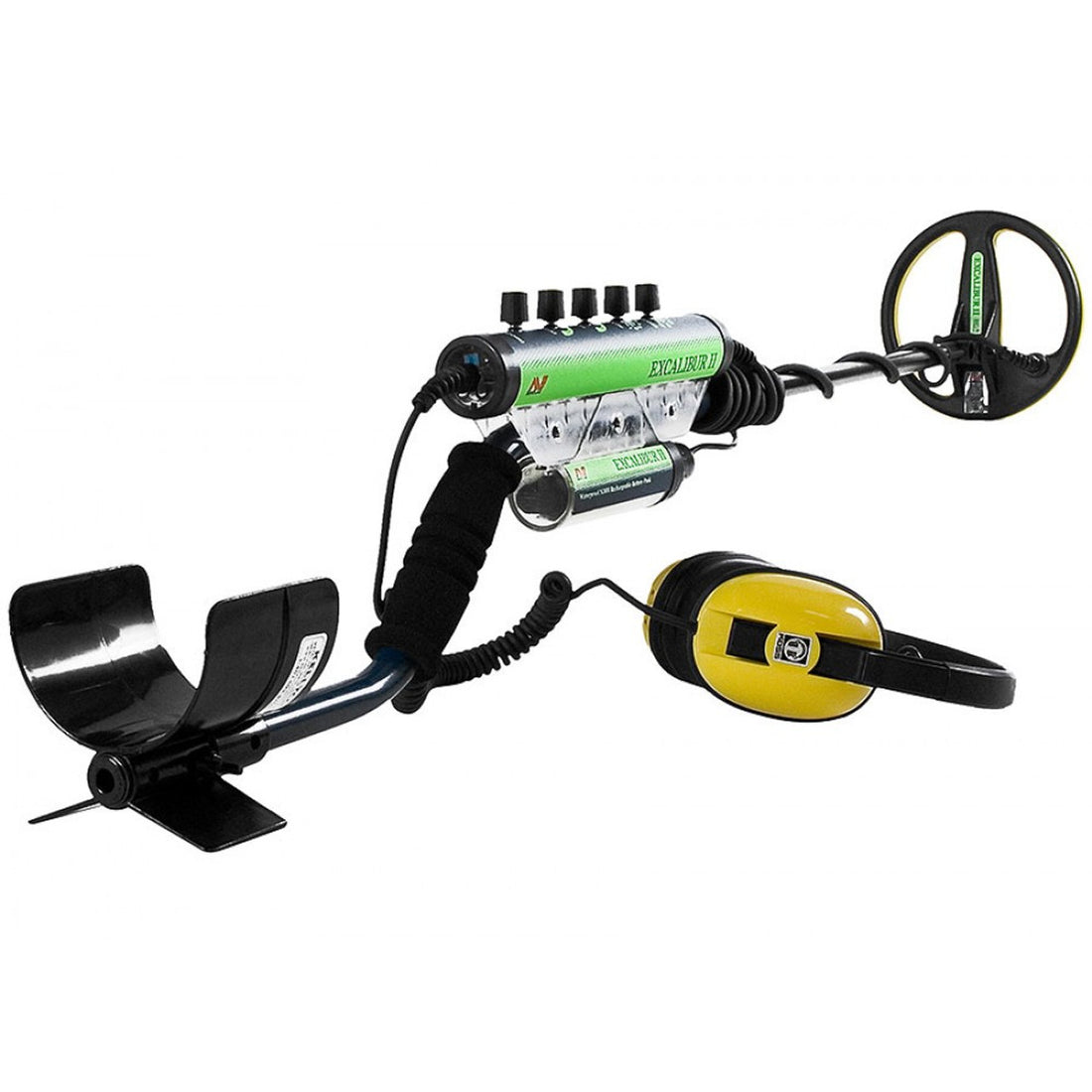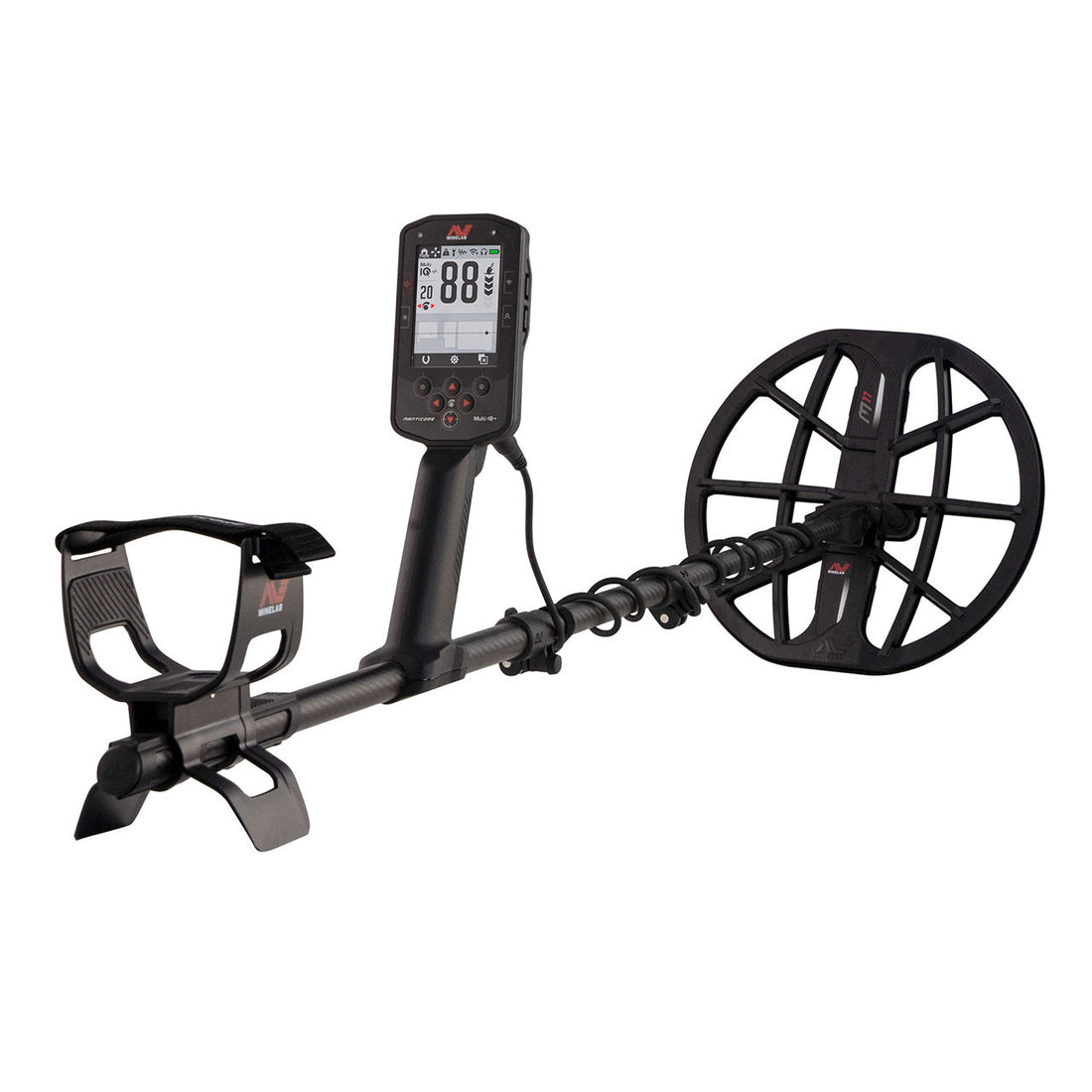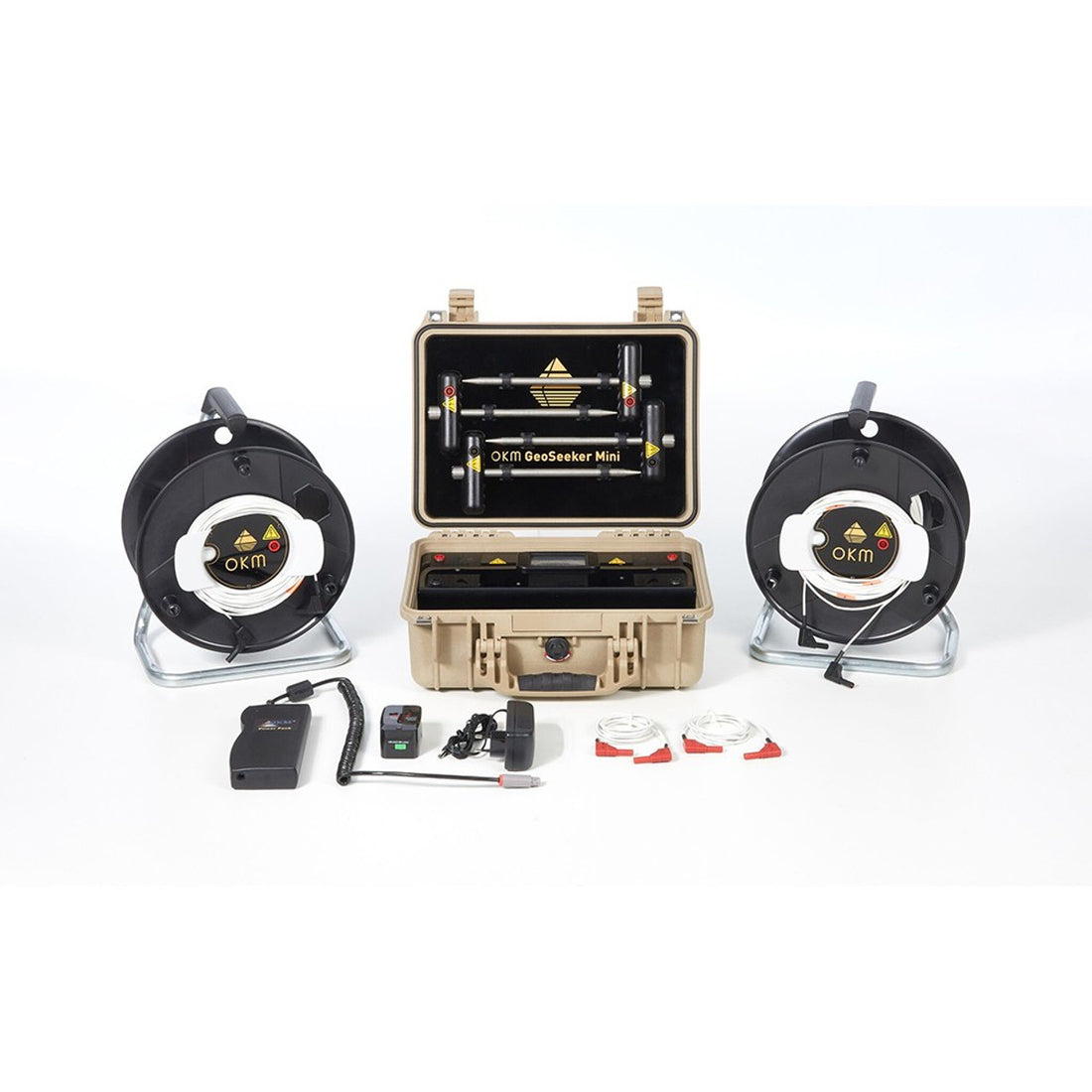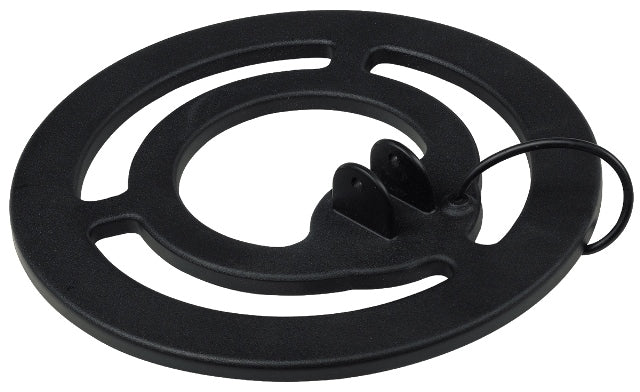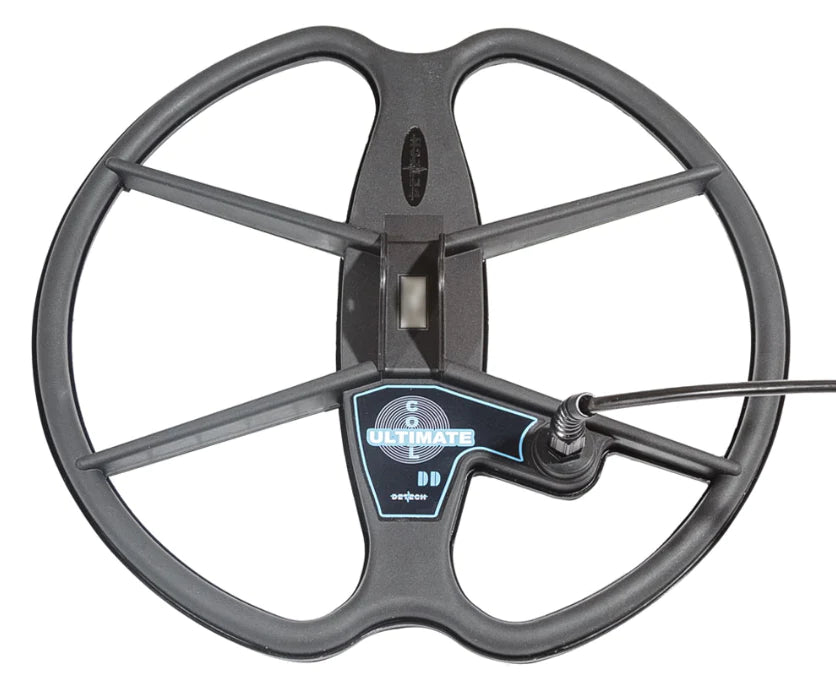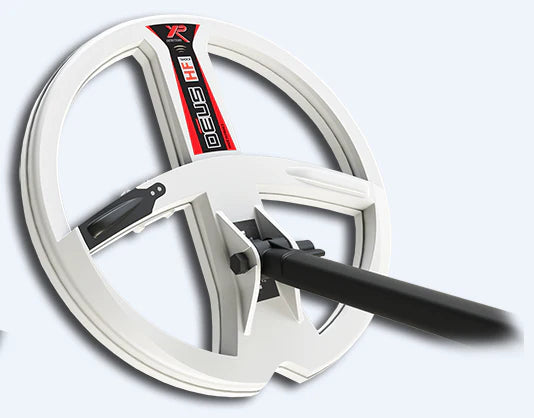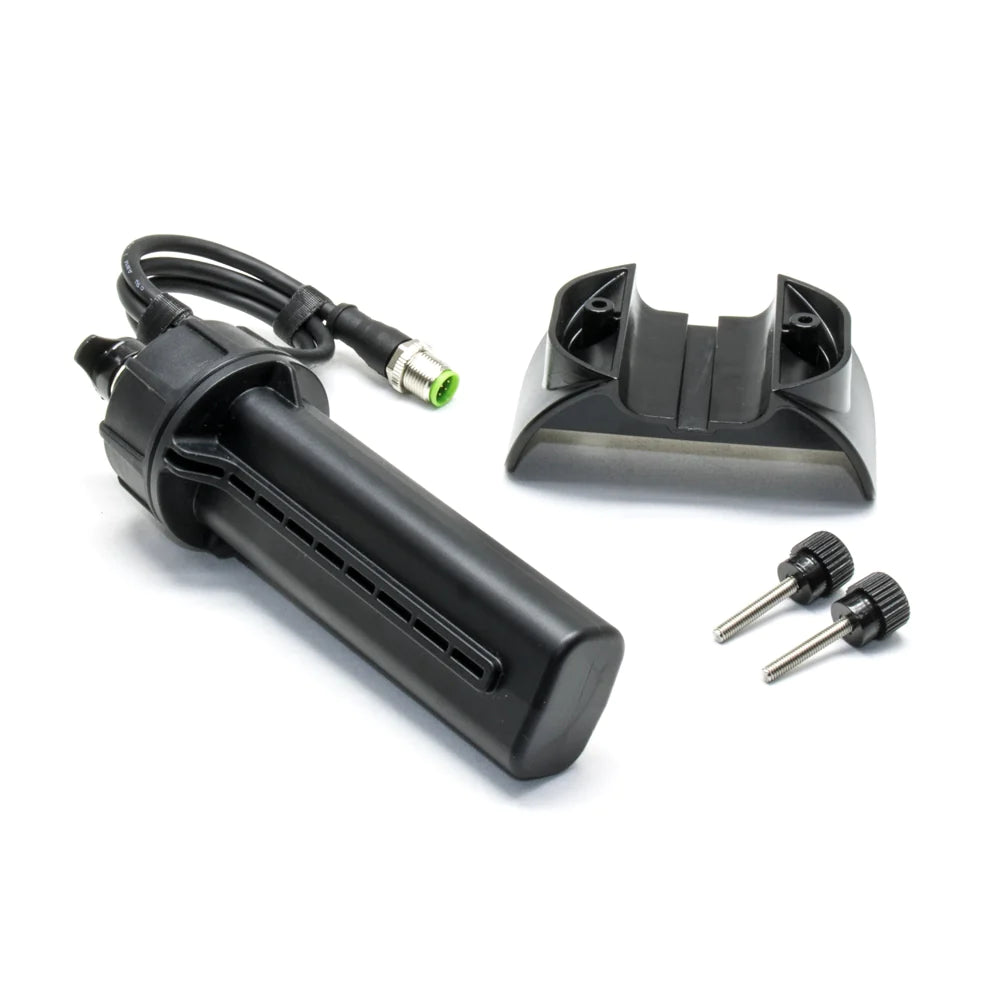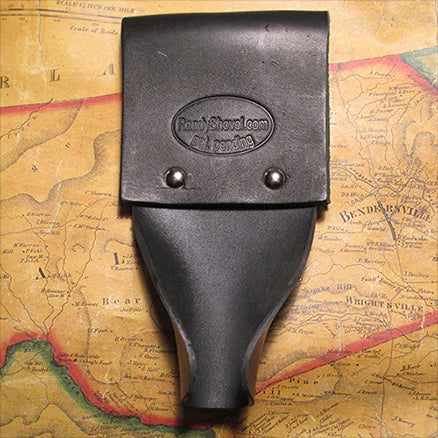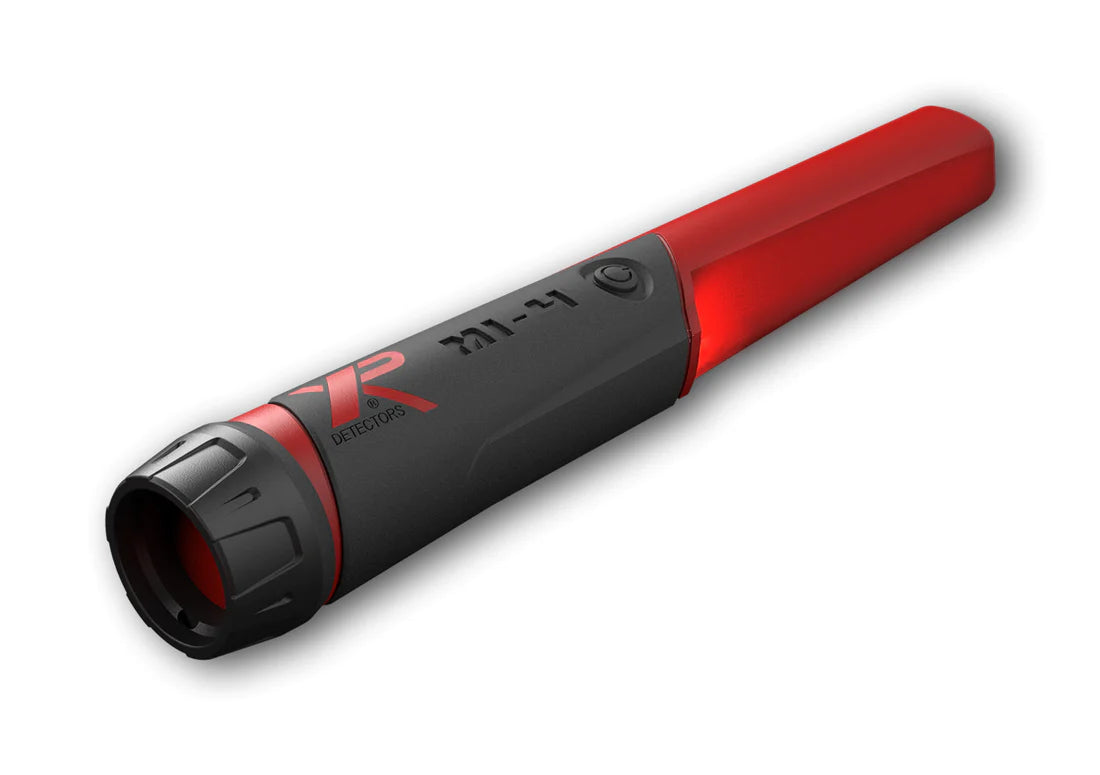Metrowest Daily News
Metrowest Daily News
Detector Electronics Corp. has almost as many distinctive features as its line of metal detectors.
For example, the Southborough business boasts the largest metal detector store in New England, the most sales of metal detectors in the region and the lowest prices for metal detectors in the United States. It's also one of the largest Internet sellers of metal detectors in the United States.
It may also be the only company to receive its startup cash from a cold cream sweepstakes. Daniel Bernzweig, the son of Detector Electronics' founders Sondra and David Bernzweig, entered the contest, using his father's name since he was underage at the time. The $500 winnings went toward David Bernzweig's invention of the DepthMaster. An audio processor used in headphones, it would became an integral part of the company, which the Bernzweigs founded in their Framingham garage in 1983.
As business grew, Detector Electronics moved into different store locations in Framingham. The latest move took place in June when the company set up shop in the Brickyard Plaza at 23 Turnpike Road (Rte. 9) in Southborough. The space is double the size of the previous Rte. 9 location in Framingham, according to Daniel Bernzweig, who today is the company's sales manager. "It's also a better location," he says.
In addition to providing the startup money for Detector Electronics, the younger Bernzweig also served as the company's catalyst. An avid coin collector as a child, he had been spending all his allowance money every month on coins at a coin store. When he learned he could actually find coins by using a metal detector, he wanted one.
"I got my first first metal detector when I was about 10 and I was very excited," recalls Bernzweig. "But when my father brought it home, I found out it was a kit and it took me two weeks to build it. Then we went out to Bowditch Field (in Framingham) after a high school football game and my mother found more coins eyeballing them on the ground than I did with my metal detector."
So much for the kit. Bernzweig now wanted the real McCoy. The problem was, back in 1975, the real McCoy cost $200. Undaunted, he saved up $100 and his parents pitched in the remaining $100. Then his younger brother Michael wanted one, too. Another metal detector was purchased and since David Bernzweig was driving his sons to different parks and beaches to use the detectors, he decided to buy one also. Within three months, the family had three metal detectors.
The problem this time was that not even these detectors worked very well. "My father realized they weren't going very deep -- only about four or five inches if you had them tuned properly," says Daniel. "That's when he set out to develop the DepthMaster.
"Generally, the older, more valuable coins and targets are deeper in the ground. When somebody's listening for faint whispers for these objects, all of a sudden something large close to the surface can blast their ears. The DepthMaster reduces those blasts and increases the depth of hearing.
"At first, it was just for us and a few of our friends, but when we gave it to them to try it out and give us feedback, they said, 'Can we keep this? We'll pay you for it?' That's when we realized we had a business."
A textile chemist at Natick Labs who has since retired, David Bernzweig had always tinkered with electronics, according to his son.
In its first year, Detector Electronics had 30 customers. Now it has thousands, according to Daniel Bernzweig. Without providing any figures, he says company sales have grown yearly.
The firm sells metal detectors retail and wholesale as well as new and used. It also manufactures the DepthMaster headphone. Before launching its Web site in 1996, the company also sold its products through a mail-order catalog. The Web now serves as the catalog.
The company sells seven different brands of metal detectors, including Tesoro and Garrett, and stocks more than 60 metal detectors in its store. Products are used for treasure hunting and security. Tesoro means "treasure" in Spanish.
Detectors used for treasure hunting range in price from $70 to $4,000 at Detector Electronics. The more discriminating the detector is -- and the deeper it seeks -- the more expensive it is. For example, the $70 detector is an all-metal metal detector. While it picks up all metals, it doesn't reject trash items unless the object is made of iron.
Most enthusiasts spend an average of $300 for a metal detector, according to Michael Bernzweig, who now works at the store part time. An entry-level computerized metal detector for about $200 includes a feature that indicates what an object probably is based on size and conductivity. Thus, it can distinguish whether a coin is a dime, nickel or quarter. The detector also has different tones for different targets based on composition.
"It maximizes the good stuff and minimizes the trash," says Daniel Bernzweig, saving the hunter from unnecessary digging. For those times when digging is necessary, the company sells heavy-duty digging trowels and sand scoops. The latter also act as sifters.
Advances in technology over the last 20 years have improved metal detectors considerably, according to Bernzweig. For example, the depth a device can reach has gone from 4 to 16 inches. The detectors are also lighter -- 2 1/4 pounds vs. 4 to 6 pounds -- and more economical. "Back then, they used 10 to 16 C or D batteries that lasted 10 to 14 hours at most," he says. "Now they use four AA batteries that last 40 to 50 hours. Some brands use one 9-volt battery that lasts 25 to 35 hours."
Made in three pieces instead of two, the detectors can fit easily into a small duffel bag for ease of travel, Bernzweig adds. An arm cuff allows for easier maneuverability and more comfort. "It's like an extension of your arm," he says. "It was more unwieldy before."
The majority of metal detectors are used by hobbyists, according to Bernzweig. "When I put the headphones on, they shut the world out for an hour or two. It's very relaxing. My mothers likens it to meditation," he says. "Then you never know what you're going find and when. That's why it's also very exciting."
In the store, Bernzweig opens a mini treasure chest containing coins dating back to the mid-1700s, a musket ball from the Revolutionary War and a bullet from the Civil War. He would not reveal where he found the coins and the musket ball. "Most treasure hunters keep their sites to themselves," he says
There are also a lot of them, according to Bernzweig. Finding exact numbers is more elusive. "Most people think it's only kids or retired people doing this," he says, "but the average age is about 35."
Detector Electronics is one of about five metal detector retailers in Massachusetts, according to Sondra Bernzweig. By purchasing a large quantity of detectors, the company offers its products at the lowest prices allowed by the manufacturer, says Daniel. "We make less profit, but everyone knows they're getting the lowest price," he says. Volume instead provides the profit. "Other dealers don't buy in the quantity we do so they either give no discount or a very small discount," he says.
Detector Electronics also provides free ground shipping within the United States.
While the company has grown over the years, the focus on customer service remains the same, according to Sondra Bernzweig. Daniel concurs.
"We know how hard it was for us to pick a metal detector 30 years ago," he says. "We went through about five metal detectors in the first year because there were no stores like this. We wasted a lot of money on detectors made by companies making all those claims that turned out to be false.
"Besides having the lowest prices and best selection, we treat each customer as if they were a member of our own family. That's why we've become successful."
Company background: Based in Southborough, Detector Electronics Corp. is a major retailer of hobby and security metal detectors. Its Web site is www.metaldetector.com.

